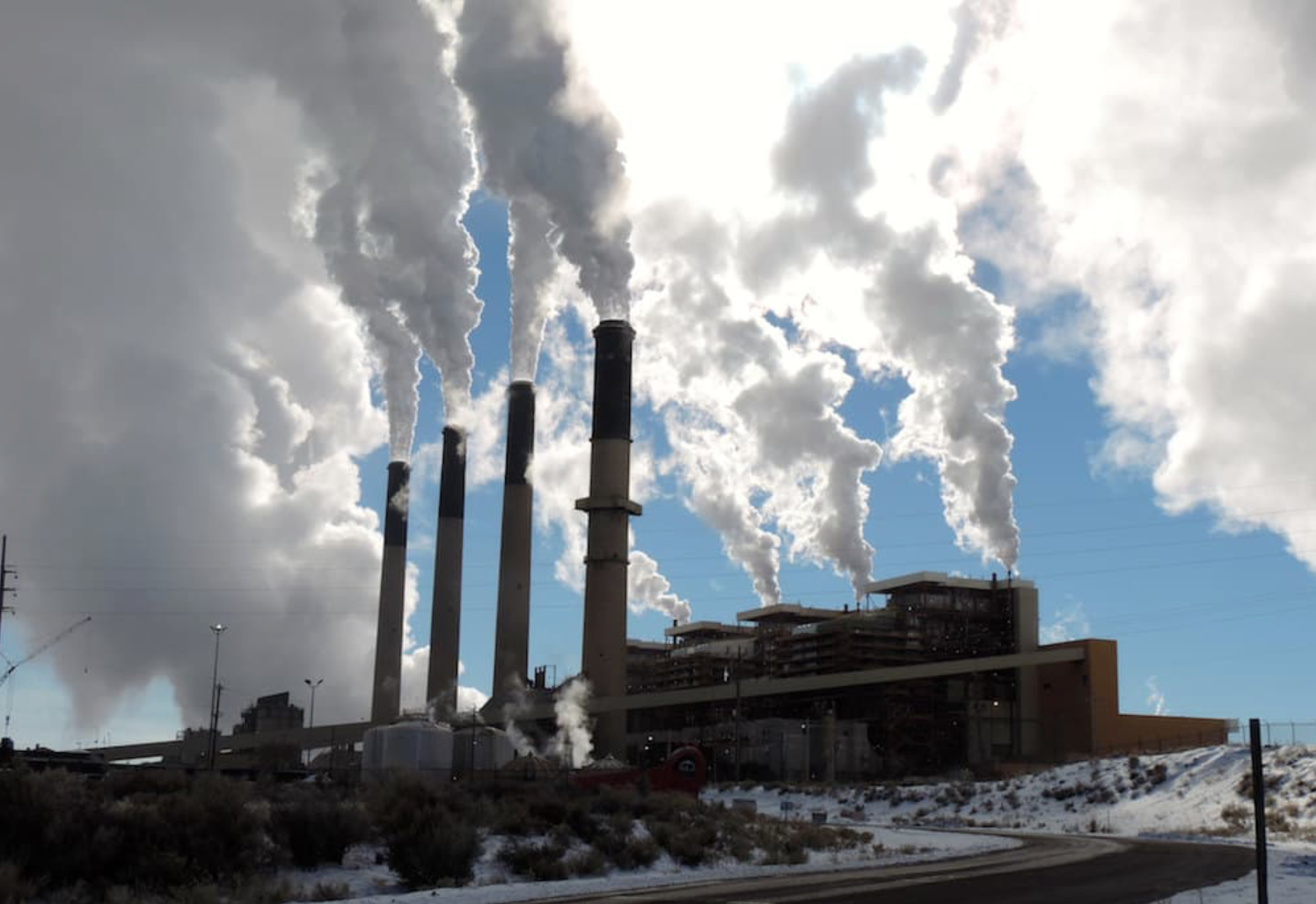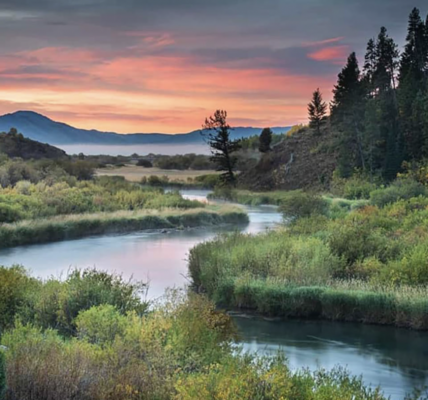Complaints in coal country: Producers, state leaders frustrated with federal approval process

By Zak Sonntag
Casper Star-Tribune
Via- Wyoming News Exchange
CASPER — Wyoming’s Black Butte Mine in January 2021 applied to add federal coal reserves at its Sweetwater County operations, which supplies the Jim Bridger Power Plant and a sizable share of baseload thermal energy throughout the West. It was a run-of-the-mill application that state regulators expected to be approved smoothly.
Instead, it has become mired in a nightmarishly tedious approval process that’s brought state leaders to their wits’ end. Concerns at the Black Butte Mine are among a host of recent complaints coming out of coal country, whose collective frustrations this month came close to a fevered pitch in a pair of congressional hearings where representatives accused a gatekeeper agency of weaponizing its regulatory authority by binding up coal permits and reclamation projects in red tape.
The agency in question is the Office of Surface Mining and Reclamation Enforcement (OSMRE), housed within the Department of the Interior.
Typically tucked away in Washington’s bureaucratic warrens, representatives have dragged the agency into the public spotlight for a walloping.
Rep. Harriet Hageman, R-Wyo., during a Nov 14 House Natural Resources Subcommittee hearing in Washington suggested that after a long record of state-collaboration, “OSMRE is now just a roadblock, that single handedly delays coal mining and thwarts the permitting process.”
Hageman’s comments are the latest in a wider salvo against the agency, as states in the west and across Appalachia say their applications for new reserves as well as remediation projects are being stymied, despite a massive injection of federal money made available for such projects through the Bipartisan Infrastructure Law.
The Black Butte Mine has become a poster child for these frustrations. What began with a 2021 Presidential Executive Order increasing environmental review requirements on new coal leases has become for the Sweetwater County operation a seemingly endless cycle: review, revise, reapply, repeat.
Almost three years and as many Environmental Impact Statements (EIS) later, its application for added coal reserves is still awaiting approval.
“The process has become politicized, and the NEPA process has become weaponized. The end result is costly permitting delays, increased land disturbance in mining costs, delayed reclamation, fuel supply reliability concerns for the nation’s baseload power,” said Kyle Wendtland, administrator for the Wyoming Department of Environmental Quality, testifying on Nov 14 before the House Natural Resources Subcommittee in Washington, DC.
In April of this year, Gov. Mark Gordon issued a letter to the Interior Department requesting resolution for the mine. The response, according to Wendtland, “has been and continues to be deafening silence from the OSMRE headquarters.”
OSMRE Deputy Director Glenda Owens refuted those claims and said elongated processes have more to do with legal changes over the enforcement of the National Environmental Protection Act (NEPA).
Owens said her agency is being meticulous on the front end of the process in order to preclude litigation down the road.
“There are ongoing court decisions that have a direct impact and bearing on our NEPA review of these various mine plans,” she said. “As a result of these court decisions we have had to reassess and make changes in our review based on the legal requirements. We need to make sure we adhere to those decisions and that when we render a decision it will pass judicial scrutiny. We don’t want to have to go back again in six or seven months and have a court tell us to go back to square one.”
Lawmakers conceded the wisdom of avoiding litigation, but nonetheless said the length of delay surpassed what was reasonable and is threatening to result in economic losses.
In Montana, for example, delays for the approval of new coal at three mines — Spring Creek, Bull Mountain and Rosebud — have become an existential threat to operations.
During a Nov. 9 Senate Energy & Natural Resources Committee hearing, Sen. Steve Daines, R-Mont., forcefully implored Owens to increase efforts to get reviews approved.
“If OSM does not complete these reviews in a timely fashion, these mines are going to run out of permitted coal,” Daines said. “It threatens the energy security of our state. This is the baseload power that keeps the lights on.”
“These [mining jobs] are the best paying jobs in these areas,” he continued “and their livelihoods are going to be lost because OSM is dragging its feet.”
Adding insult to injury, state regulators say, the agency has also excluded states in key decisions, including a rule change to a central function known as the “ten day rule.” The rule is a guideline for addressing citizen complaints.
However, the office’s recent redraft, according to Kyle Wendtland and Don Newton of the WDEQ, has undermined states’ regulatory “primacy“ and led to arbitrary delay.
Owens said the rule change came in response to a “wave of citizen complaints.”
“There were unnecessary burdens put on citizens who wanted to file a citizen’s complaint, which [the law] gives them the right to do,” she said.
Elsewhere the office has stated that the rule change will “increase efficiency and make it easier for citizens to report possible violations” and “simplify the processes for filing a citizen complaint and requesting a Federal inspection.”
State officials say that by leaving local authorities out of the rule change decision the agency has created an air of mistrust.
Furthermore, they believe distrustfulness is now manifesting within the OSMRE, whose administrators headquartered in DC are suddenly second guessing the work tendered by its regional offices, according to Wendtland.
Paradoxically, some of the application approval challenges could be related to the influx of new money made available for programs administered by the OSMRE.
The Bipartisan Infrastructure Law allocates $11.3 billion for the agency’s Abandoned Mine Lands Program, for instance. But with new money comes new administrative requirements, and there is some consensus that understaffing at the agency has impacted its ability to keep up with applications across its jurisdiction.
It was a point made by Rep. Sydney Kamlager-Dove, D-Cali., during the Nov 14 hearing, who said, “I will remind my colleagues that cutting agency funding as proposed in their appropriations legislation won’t help” get these applications approved faster.
At the conclusion of the hearings, Owens pointed out that her office has still managed to approve millions of dollars of BIL money for OSMRE projects in several states. She sought to allay states and said she would work earnestly to find solutions.
“I’m directing my staff to look at ways to expedite state program amendments and to identify processes to streamline and address the backlog. We are aware of it and are taking actions to address it,” she said. “I can assure you that [the delays] are not intentional.”




